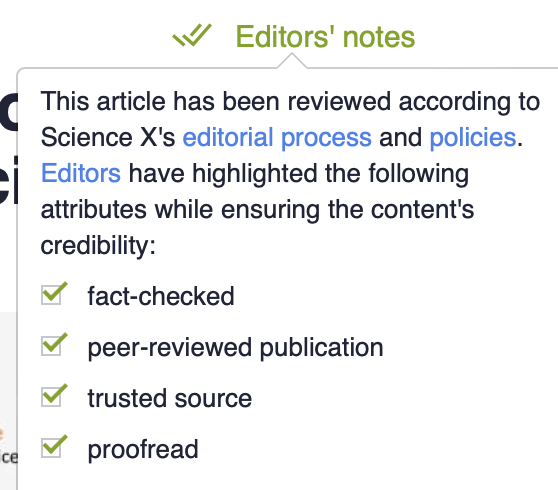On How Important a Comma (And Responsible Scientific Communication) Can Be
I recently came across this great paper by Tatsuya Amano and colleagues on the effects that being a non-native English speaker can have on one’s scientific success. It is a good exploratory study of a topic I have unfortunately thought about often, and I recommend reading it in full.
Unfortunately, the authors have suffered the misfortune of being featured in this Phys.org article (which, to be fair to Phys.org, seems to come from a PLOS Biology press release), which states the following:
Papers written by non-native English speakers are 2.5 times more likely to be rejected and 12.5 times more likely to receive a request for revision, simply due to the written English.
Wow! This is a very surprising statement. People who don’t speak English as a first language are more than twice as likely to be rejected from scientific journals? What an extraordinary claim. So extraordinary, in fact, that anyone’s skepticism should be awoken by it. Is this actually what the scientists found? Let’s look at the paper:
Non-native English speakers, especially those of low English proficiency nationalities, are more likely to have their papers rejected by journals due to English writing
Aha! This makes more sense. Of all reasons to reject a paper, (a relatively uncommon) one is the quality of the English writing (for example, if it is hard to understand what the paper’s scientific contributions are), and non-native English speakers are more likely to have a paper rejected for this reason. This does not sound like such a surprising statistic anymore!
The claim about revision requests is similarly disproven (emphasis mine):
For example, 42.5% and 42.6% of the non-native English speakers of moderate and low English proficiency nationalities, respectively, compared to only 3.4% of the native English speaker population, report that they are often/most of the time/always requested to improve their English writing during paper revision. This equates to a 12.5 times higher frequency of language-related revisions for non-native English speakers.
In other words, the paper is not claiming that non-native-English-speaker-written papers are more likely to be requested a revision; rather, than when they are asked to, they are more often at the same time requested to improve their English writing. Once again, probably not that surprising either (I say as a non-native-English-speaker who has often gotten this review comment before).
In other words, what were two somewhat expected observations become, when filtered through the eyes of irresponsible scientific communication (be it by Phys Org or whoever provided this text to them), two outrageously false facts that can be repeated to drive engagement on the Internet. The system works!
P.S.: Don’t worry, it’s fact checked and proofread!
